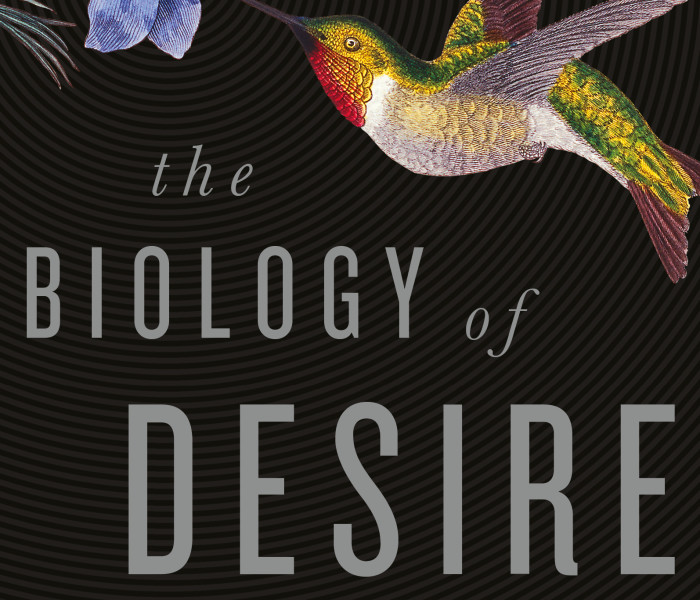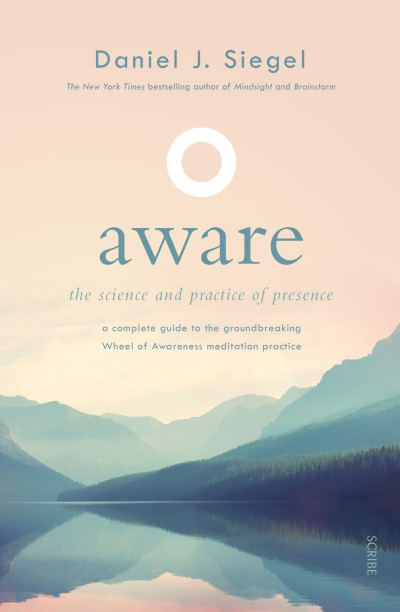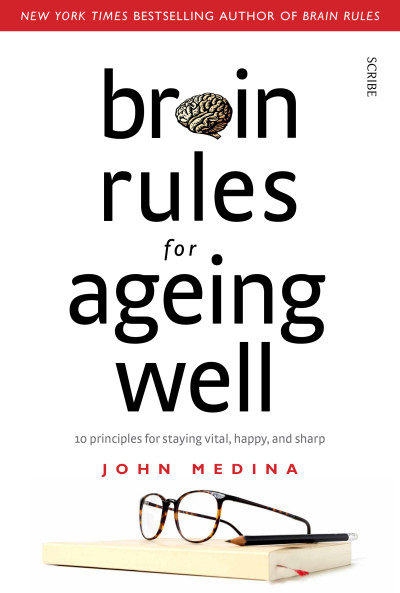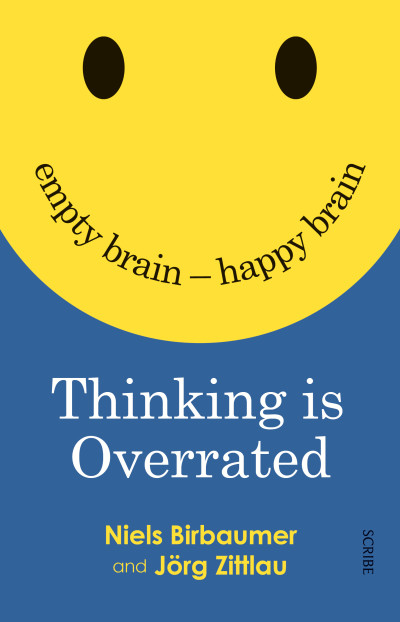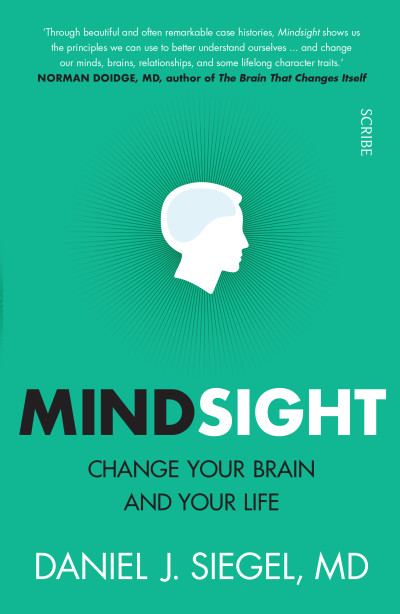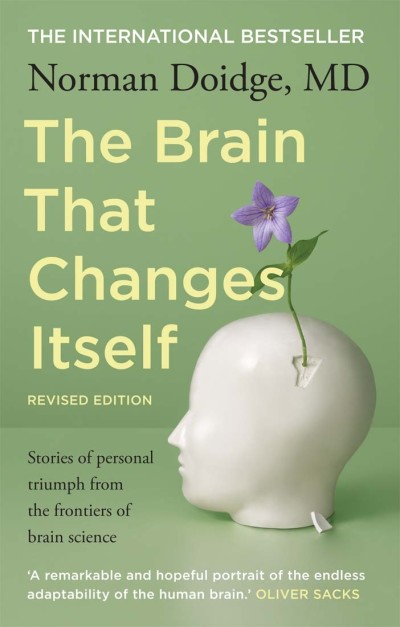‘Marc Lewis provides a wonderful mix of biography, psychology, and neuroscience to explain desire and addiction in a new way. It will stimulate thinking about our approaches to addiction and desire. His writing is accessible, personal, and captivating.’
David Roland, author of How I Rescued My Brain
'This is the real story of “this is your brain on drugs”, but one that provides a refreshing, convincing alternative to the widespread traditional disease-model view of addiction. Through compelling stories of real people who struggled with various addictions, Lewis lucidly makes the case for a new science-based understanding of what causes and sustains addiction. Most important, it offers far more positivity about ways out of addiction than those offered by traditional treatment, providing hope for those struggling as well as for their loved ones.‘
Anne M. Fletcher, MS, RD, author of Sober for Good and Inside Rehab
‘Informed by unparalleled neuroscientific insight and written with his usual flare, Marc Lewis’s The Biology of Desire effectively refutes the medical view of addiction as a primary brain disease. A bracing and informative rebuke of the muddle that now characterizes public and professional discourse on this topic.’
Dr. Gabor Maté, MD, author of In The Realm of Hungry Ghosts: Close Encounters With Addiction
‘Highly readable and plausible illustration of current ideas about addiction from behavioural neuroscience and clinical perspectives by the use of vivid case histories.’
Trevor Robbins, Head of Psychology Department, Cambridge University
‘Marc Lewis’s new book neatly links current thinking about addiction with neuroscience theory and artfully selected biographies. Ex-addicts, we learn, are not “cured”, rather they have become more connected to others, wiser, and more in touch with their own humanity. This is a hopeful message that has, as Lewis demonstrates, the advantage of also being true.’
Gene Heyman, author of Addiction: Disorder of Choice
‘Whether you are looking for a foundation in the neuroscience of addiction, guidelines for recovery or just hope that recovery is possible, it’s all here. The scientific information is presented in the context of day-to-day behavior and the lives of individuals you will come to care about. You’ll learn more about neuroscience (and human development and psychology) than you may have thought possible. Informed by this book, you’ll see how neuroscience explains addiction as a part of life, rather than a mysterious entity only experts can understand.’
Tom Horvath, President of Practical Recovery and SMART Recovery, and author of Sex, Drugs, Gambling & Chocolate: A Workbook for Overcoming Addictions
‘[L]ooks at how addiction and brain science collide, and how understanding our brains can help addicts get out of the abyss … [A] very readable, often touching, gateway into the universe of neuroscience and the shadowland of addiction.’
Richard Ferguson, Sydney Morning Herald
‘[The book's] success lies in its ability to communicate complex ideas in a way that will engage you and move you and sometimes make you laugh … a very readable, often touching, gateway into the universe of neuroscience and the shadowland of addiction.’
Esperance Express
‘The most important study of addiction to be published for many years.’
The Spectator
‘Lewis pares down the scientific jargon and shares about the brain and its learning processes in clear, easy to understand terms ... Lewis’ book is weak with regard to two areas: treatment recommendations and lack of clarity about the implications his work could have for addicts seeking treatment.’
New York Journal of Books
‘I can see what Lewis is trying to do here, as he struggles to reconcile our varying perspectives on addiction. I think he has found a useful balance: Yes, we are biological creatures – but biology is not destiny.’
Globe and Mail
‘A thought-provoking, industry-minded, and polarizing perspective on the neurocircuitry of human desire and compulsion.’
Kirkus
‘A convincing explanation of addiction as a pattern-making mental process.’
Robert Webb, New Statesman

